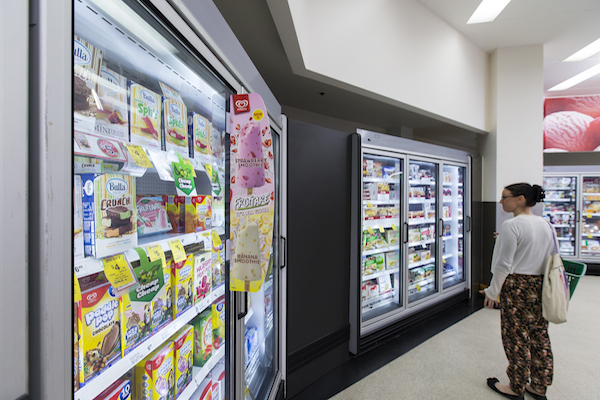
C-store retailers seeking cheaper supplies at the major supermarket chains may find themselves paying extra, as Coles and Woolworths complain of rising energy costs, and the attempt to outrun them.
Woolworths chief executive Brad Banducci belaboured a metaphor at the Australian Global Food Forum in Meblourne this week, saying “We are trying to outrun a bear” to describe the business position in regard to rising energy costs, in an interview with The Australian.
“We will have to, in some way, very cautiously and carefully, pass those through to our customers, unfortunately,” he said.
These costs relate largely to refrigerated goods, however it is not yet known whether the supermarket major will split those mounting costs across simply cold goods, or all goods in stock.
Small operators in the convenience sector often source stock from supermarket majors, which offer lower price points that the traditional c-store suppliers.
Contract conditions
Mr Banducci also revealed that Woolworths was looking to enter into supply contracts up to 10 years long, suggesting that suppliers would be confident to innovate under such conditions.
Spruiking his support for fresh and healthy food options, he said healthy foods needed to be more attainable for Australians, and in turn, more affordable.
Coles already set the precedent in August 2016, when it signed a 10 year contract with the Australian Lamb Company.
The news comes at a time when the ACCC has declared war on unfair terms in business to business contracts, in the effort to protect small businesses from exploitation.
Peaking promotions
On top of the energy squeeze, Coles and Woolworths are facing stiff competition from ALDI, which is winning the battle of the private labels, according to iRI channel insights manager Daniel Bone.
Mr Bone told The Age that reliance on promotions had increased year on year, a trend that was “not necessarily engendering trust”, as shoppers were forced to hunt down the bargains.
“While it creates volume uplift [the supermarket] in the short term, consumers feel frustrated by 100 per cent price cuts and increases and it forces them to do more work than they need to,” he said.

